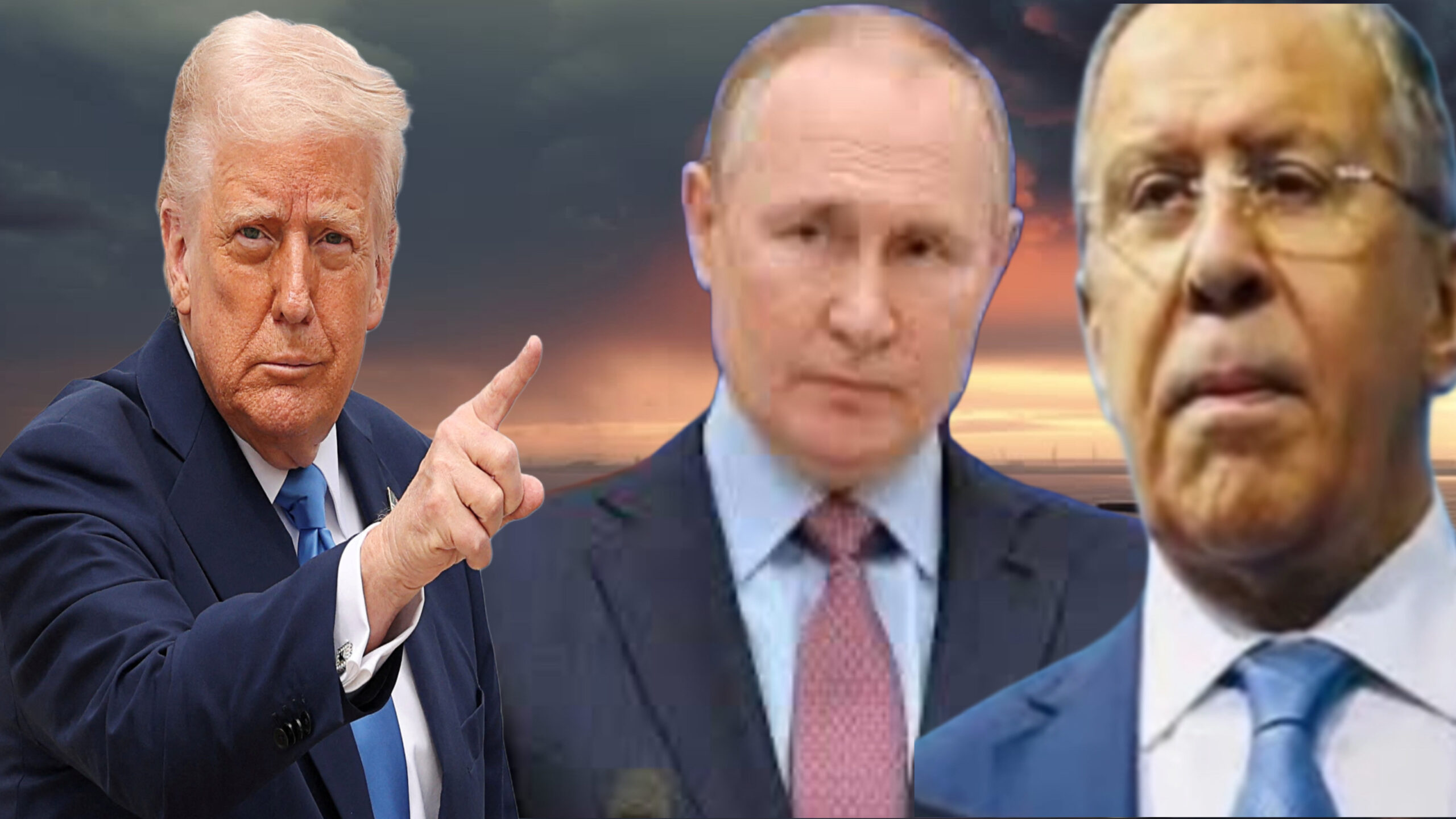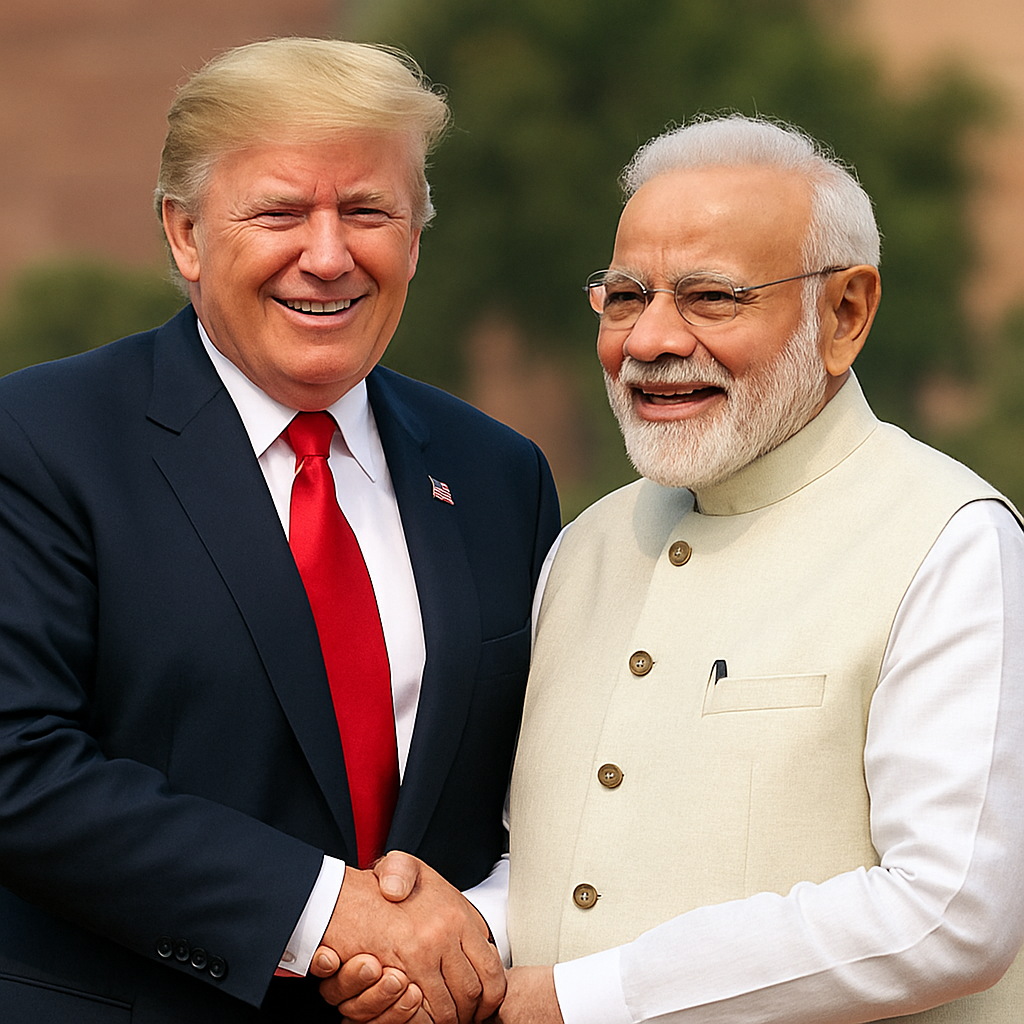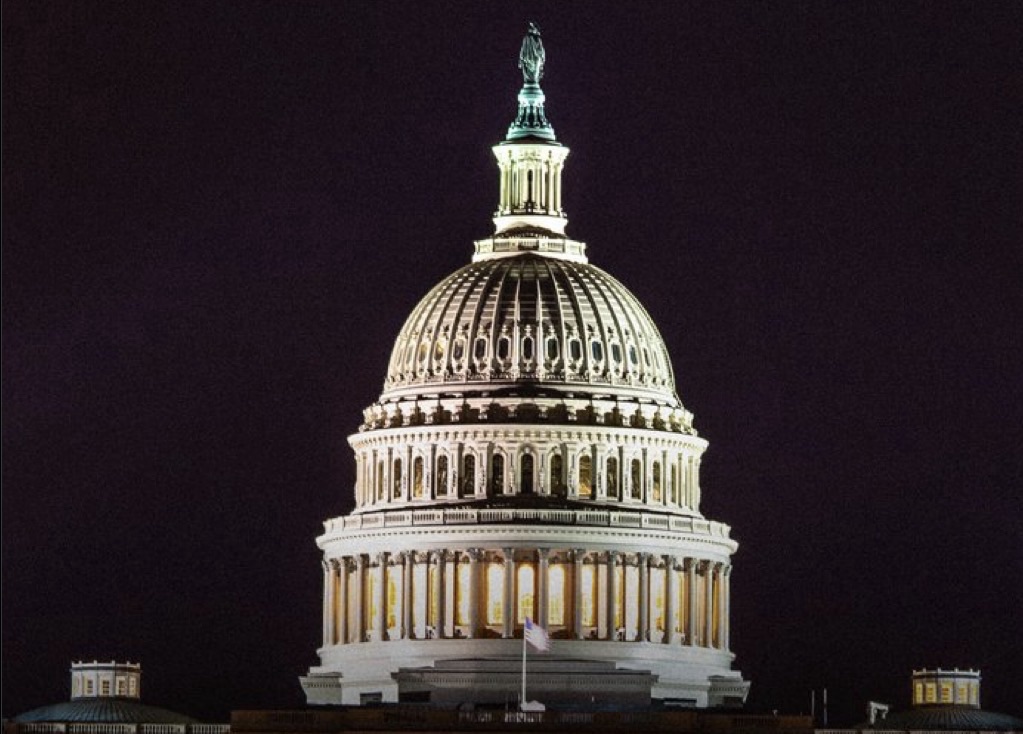
U.S President Donald Trump has re-entered the political spotlight with a fiery message: America is heading toward World War III unless he returns to power. At the same time, Trump is proposing dramatic tariff hikes and doubling down on his controversial stance on Russia, saying he could end the war in Ukraine within 24 hours.
These declarations come as Trump continues to campaign for a second term in the White House in 2024, and they highlight the stark contrast between his foreign policy vision and that of the current Biden administration.
Trump’s Tariff Proposal: “America First” on Steroids
During a recent campaign speech, Trump unveiled an ambitious plan to impose a universal baseline tariff of 10% on all imported goods—a move that would mark one of the most protectionist trade policies in modern U.S. history. He also floated the idea of higher tariffs on specific countries that he sees as economic threats, particularly China.
“Under Biden, we’re being robbed blind,” Trump claimed. “When I’m back in office, we will tax the hell out of countries that cheat us and bring our jobs back home.”
Critics warn that such a blanket tariff could raise prices for American consumers, spark trade wars, and potentially violate international trade agreements. However, Trump argues it’s necessary to protect American industries and workers.
Economists are divided. Some say the tariffs could generate revenue and incentivize domestic manufacturing. Others caution it could backfire, leading to inflation and strained relationships with global trading partners.
Russia and Ukraine: Trump’s Peace Plan?
On the international stage, Trump’s rhetoric has taken an even more explosive turn. The former president continues to insist that the war in Ukraine would never have happened if he were still in office—and that he could bring an end to the conflict almost immediately.
“If I were president, there would be no war in Ukraine,” Trump said at a rally. “And if I were re-elected, I’d end the war in 24 hours. I know Putin. I know Zelensky. It would be done.”
When pressed on how he’d achieve this peace, Trump remained vague but emphasized diplomacy and leverage through economic pressure.
This stance has sparked criticism from Democrats and even some Republicans, who accuse Trump of being overly sympathetic to Russian President Vladimir Putin. His refusal to fully condemn Russia’s invasion and his skepticism of continued U.S. support for Ukraine has alarmed many in Washington and in Europe.
Yet Trump’s message is resonating with a significant portion of the American electorate—especially those weary of endless foreign wars and ballooning defense budgets.
World War III Warnings: Fear or Strategy?
Trump has increasingly framed the global landscape in apocalyptic terms, repeatedly warning that the United States is “closer to World War III than ever before.”
According to Trump, President Biden’s foreign policy—particularly regarding NATO, Russia, and China—is “reckless” and “weak,” pushing the world to the brink of global conflict. “Biden could start World War III just by waking up,” he quipped in a recent interview.
These remarks are not new for Trump, who has long used fear as a political weapon. But with the ongoing war in Ukraine, tensions rising in the Taiwan Strait, and instability in the Middle East, many voters are now listening more closely.
Analysts argue that Trump’s warnings, while exaggerated, tap into legitimate anxieties about America’s global role and its entanglements abroad.
A Divide in American Foreign Policy
Trump’s comments reflect a broader division in American politics. On one side, the Biden administration and traditional Republicans advocate for continued support of Ukraine, strong alliances, and maintaining U.S. leadership in global affairs. On the other side, Trump and his base push for isolationism, economic nationalism, and a rethinking of America’s role as “the world’s policeman.”
This debate is likely to define the 2024 election. Trump’s supporters believe his tough talk and unorthodox strategies could actually prevent a larger war. His critics fear the opposite: that his disregard for global alliances and admiration for autocrats could destabilize the world even more.
Conclusion: Bold Promises or Dangerous Gambles?
Donald Trump is once again positioning himself as the only candidate who can “save America”—this time not just from economic decline, but from nuclear war. His tariff proposals are ambitious, his peace promises are dramatic, and his worldview is unapologetically combative.
Whether you see him as a peacemaker or a provocateur, Trump’s influence on American foreign policy is undeniable. As the 2024 election approaches, his statements on Russia, tariffs, and World War III will continue to shape the national debate.
For voters, the question remains: Are Trump’s bold proposals a path to peace and prosperity—or a dangerous gamble with global consequences?







